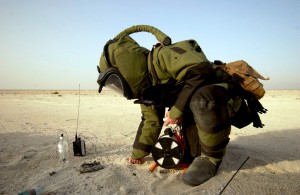Law enforcement officers play an important role in society as public servants, dedicated to protecting the citizens in their communities. A person in law enforcement needs to understand the law and have a strong desire to make positive changes in the lives of those around them. This career can be physically demanding and dangerous. People in this field need to willing to give up their own rights to secure the rights of those they vow to protect.
Education
An associates degree in law enforcement or criminal justice will provide you with the necessary foundation for a career as a law enforcement officer. This will take two years on average to complete and will cover the basics of law and public safety.
Most police departments require applicants to hold a college degree, but this isn’t always the case. If you aren’t sure you want to dedicate two years to an associate’s degree, there are other options. Many institutions offer a diploma or certification program in criminal justice that cover the essentials and can be enough to grant you a position in the field, along with proper experience.
After college, applicants attend a training academy where they learn about local and federal laws, civil rights and ethics. Applicants also receive training for patrol, traffic control, self-defense, first aid and emergency response.
Career
The primary duties of law enforcement officer is to enforce laws and keep the public safe. A typical work day for a police officer includes patrols, traffic stops and responding to emergency calls.
The demand and duties of a law enforcement officer will vary depending on if they work at the local, state or federal level. There is also the opportunity to work in a different crime departments, such as narcotics, or special units, such as canine or SWAT.
Salary and Job Outlook
The average salary for police officers and detectives was $60,270 per year in 2014. The field is expected to grow by 4 percent over the next decade.
You can learn more about this career path and related fields with Next Step Academy’s “Careers in Criminal Justice” course!

